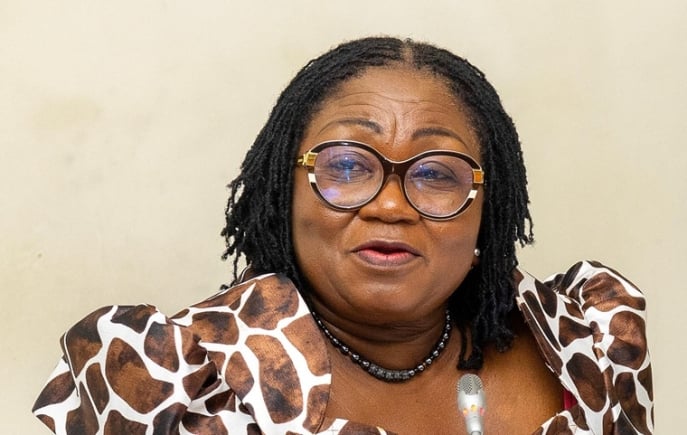Deputy Minority Leader, Patricia Appiagyei, has formally rejected her inclusion in Ghana’s reconstituted delegation to the ECOWAS Parliament, describing the move as procedurally flawed, legally indefensible, and politically divisive.
In a strongly worded memorandum addressed to the Speaker of Parliament on Tuesday, July 22, 2025, Appiagyei expressed outrage at what she called a unilateral and unconsulted decision to name her as a replacement for Minority Leader Alexander Afenyo-Markin, who currently serves as a Deputy Speaker in the ECOWAS Parliament.
“I was neither consulted nor did I give my consent to be considered as a replacement for the Minority Leader, Hon Alexander Kwamena Afenyo-Markin,” the memo read. “At no point have I expressed any intention to replace my Leader, and I am particularly concerned that this development appears to be a calculated effort to cause division between myself and my Leader.”
Appiagyei condemned the process by which the change was introduced, stressing that the nomination was advanced on the floor in the absence of both herself and the Minority Leader, without prior discussion or agreement within the Minority Caucus.
“Prior to today’s proceedings, there was an understanding by leadership that the Minority Leader would be on the ECOWAS Parliament delegation, as was communicated to the Committee of Selection,” she noted. “It is therefore deeply troubling that a contrary nomination was advanced on the floor without consultation and even more so that proposal was made by the Majority Leader.”
She also raised legal concerns, arguing that ECOWAS rules provide for a four-year tenure once a member is sworn into the regional Parliament. Afenyo-Markin, who was elected to the ECOWAS Parliament last year and subsequently made a Deputy Speaker, still has a valid and active mandate.
“There is therefore no legal or procedural justification for his removal… Any attempt to replace him on the delegation not only breaches internal parliamentary practice but also violates ECOWAS statutes,” she warned.
Appiagyei acknowledged the importance of increasing women’s representation in regional institutions, but cautioned that such efforts must follow due process.
“Using gender parity as a pretext for unilateral and procedurally irregular decisions undermines both the objective and the institutional harmony we seek to preserve,” she stated.
She concluded by asking Parliament to withdraw her name from the resolution submitted and to refrain from communicating her inclusion to ECOWAS.
“For the avoidance of doubt, I reiterate that the resolution that has my name as a nominated member for the delegation to ECOWAS Parliament be stayed… I do not intend to accept the offer made to me by the House and by this memo I am refusing to be part of such delegation,” she wrote.
Appiagyei called on the Speaker to resolve the matter swiftly in a manner that maintains the unity of Parliament and avoids “public embarrassment to the institution of Ghana’s Parliament.”
The controversy adds to growing tension in Parliament over internal party politics and representation on key international bodies.


